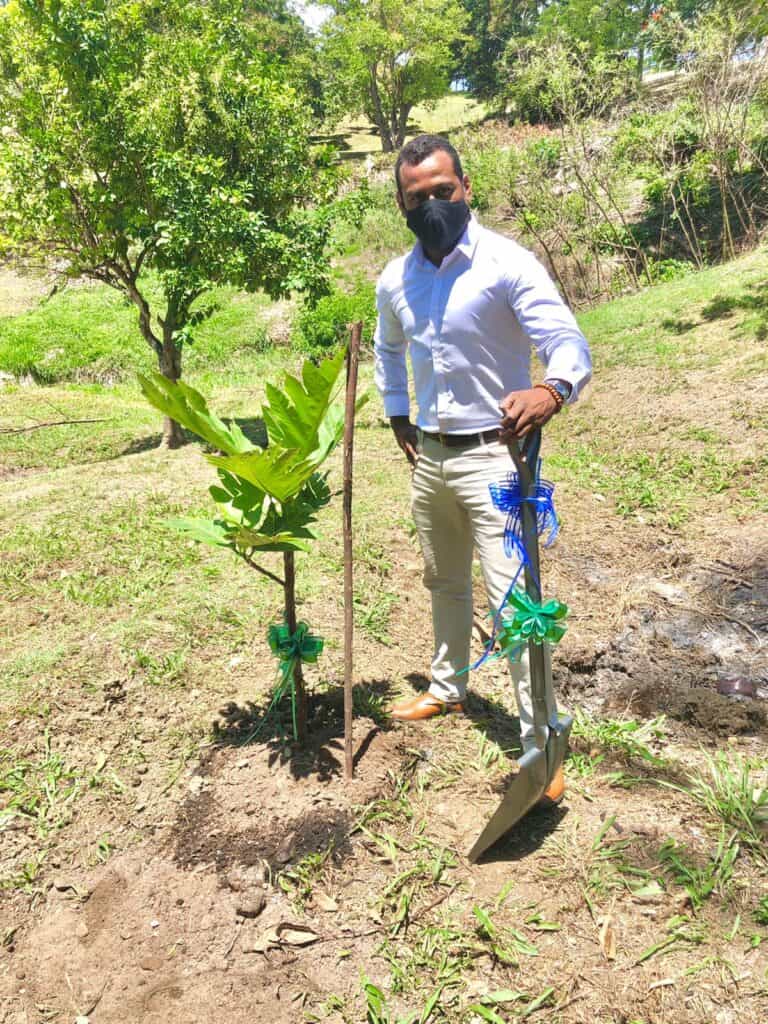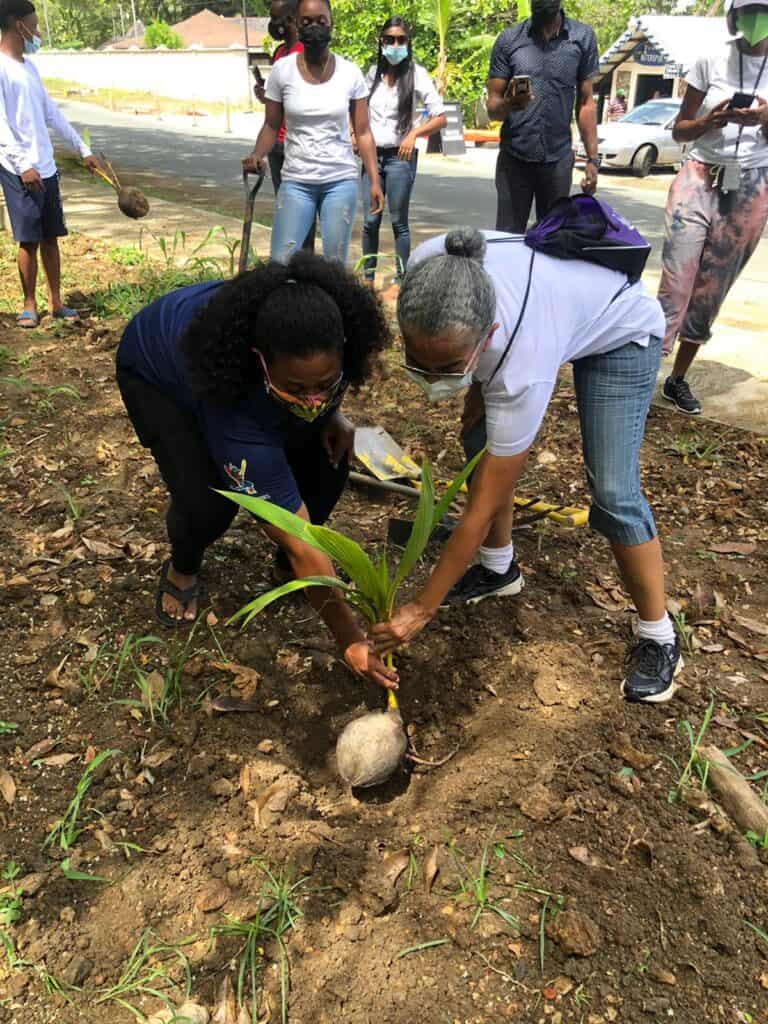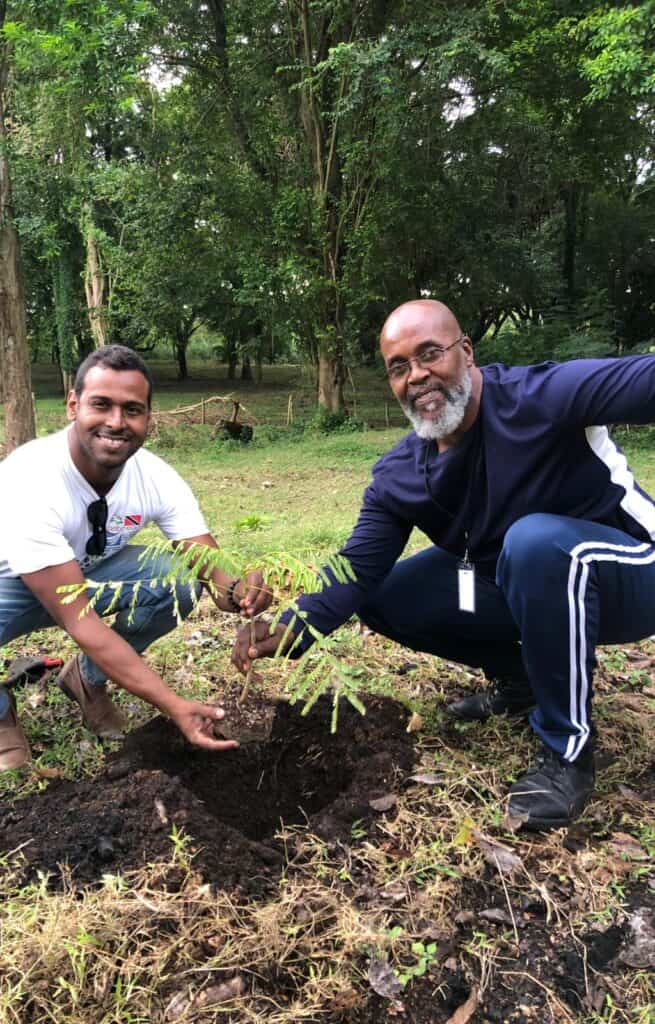Perspectives is an ongoing series by the Cari-Bois Environmental News Network which aims to give Caribbean scientists, explorers and nature enthusiasts the platform to share their experiences. This latest piece was written by Environment Tobago manager Sean McCoon in commemoration of the International Day of Forests 2023.
As countries continue to grapple with the effects of climate change, tree-planting exercises have gained prominence in many environmental campaigns given trees help absorb carbon dioxide from the atmosphere and contribute to the restoration of ecosystems where reforestation activities occur.
The seemingly doable, simple and effective nature of tree-planting exercises have contributed to its rise in popularity and ambitious projects have been launched around the world.
One example is the Trillion Trees campaign launched by the World Economic Forum in Davos, Switzerland, in 2020.
The campaign aims to support the UN’s Decade of Ecosystem Restoration and follows a similar campaign launched in 2018 which also promised to plant 1 trillion trees by 2050.
“While these global campaigns are welcomed, they should also serve to help us reflect locally on if we are as confident and driven as we should be. This is something that we must critically unpack and access if we are to demonstrate that we are climate-smart, climate-change ready, efficient and resilient.”
Sean McCoon, Manager of Environment Tobago
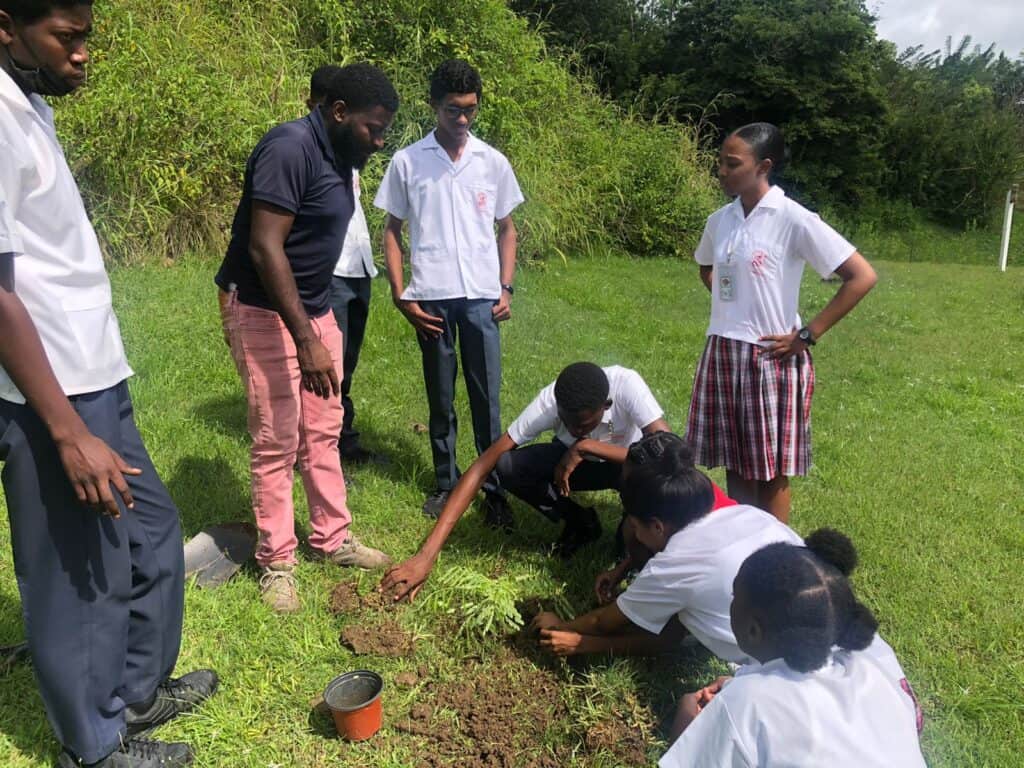
The benefits of trees
The benefits of trees are wide ranging as they reduce the risk of soil erosion, wildfires, flooding, and wind damage.
Forest managers, green space developers, gardeners and large scale farmers use trees as fences, windbreaks, and barriers.
But a critical function of trees is that they regulate air quality and directly contribute to the quantity of oxygen in the atmosphere as they convert carbon dioxide.
Research has proven trees remove airborne particles from the atmosphere, serving to reduce smog and act as a natural air filtration system.
Given trees play an important role in maintaining air purity which affects respiratory health, it’s not far-fetched to say the existence of humans will be at risk without trees.
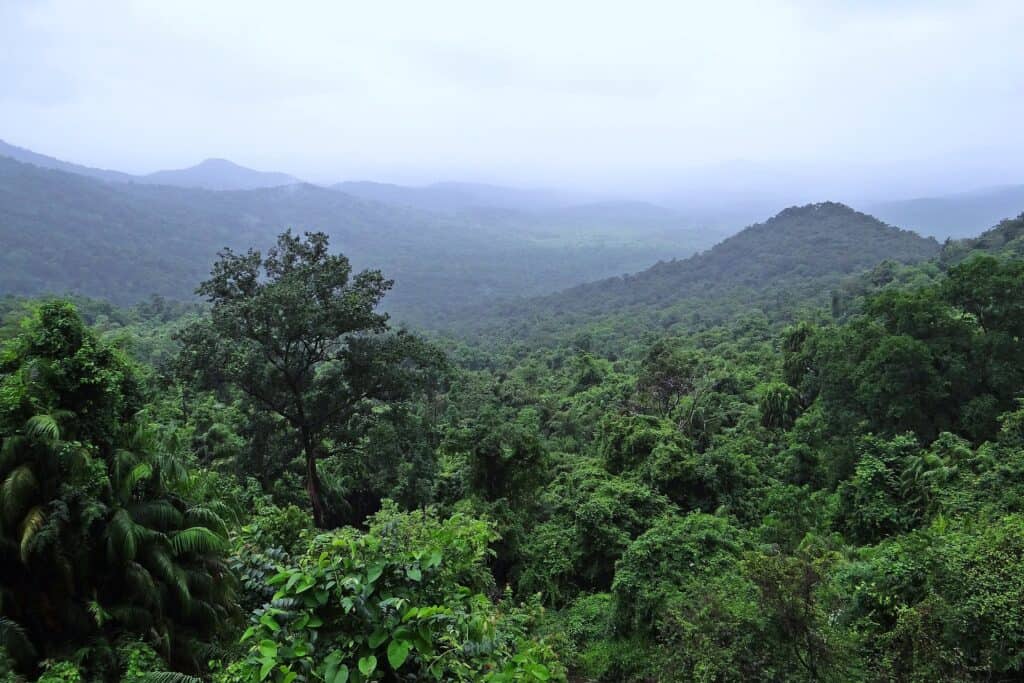
From their canopy to roots, trees provide a natural habitat for a wide array and diverse spectrum of species.
Some farmers use trees as a place to build hives to attract bees to their land to assist in pollination and to collect honey.
As such, trees play an important role in the conservation and preservation of biodiversity which keeps the earth green, growing and thriving.
“The most obvious (benefit of trees) is sustenance of human life even further through our food sources and supply. Quite simply put, trees are the basis of sustaining life on earth.”
Sean McCoon, Manager of Environment Tobago
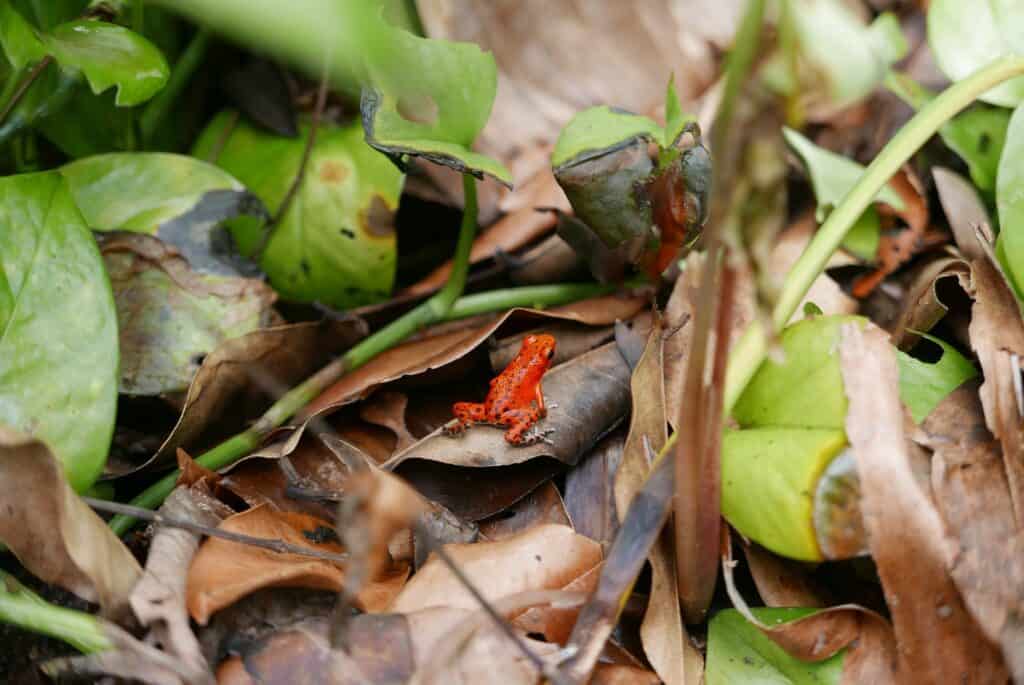
Why should we invest in green spaces?
Planting trees and caring for them will produce returns on the initial investment, especially in future as mature trees provide a host of benefits.
The presence of trees in any ‘built up’ or urban setting contributes to emotional and mental well-being as research has found their presence helps reduce stress levels. Living in areas with a larger percentage of green spaces correlates with lower levels of the stress hormone cortisol.
As such, green spaces have been attributed to a reduction of negative thoughts and actions, reduced symptoms of depression, better moods through increased endorphins and increased overall life satisfaction.
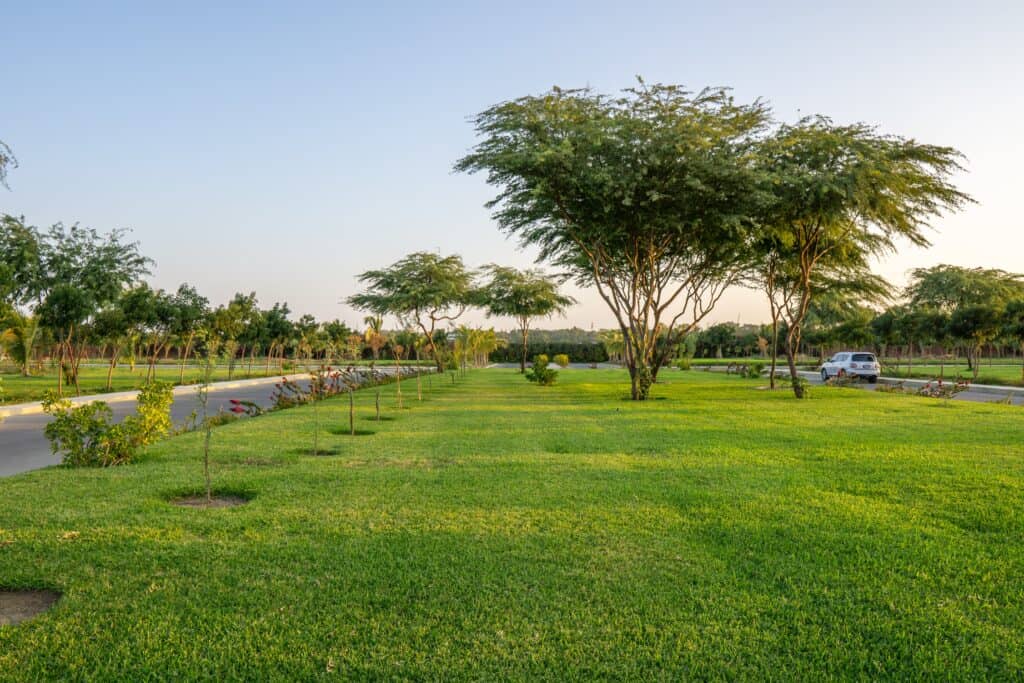
“A seemingly counter-intuitive idea is to pair the possible economic benefits on a list of health benefits of trees, a robust and resilient local economy actually would provide for more access to vital, life sustaining resources such as a fresh, healthy food source and adequate healthcare and services.”
Sean McCoon, Manager of Environment Tobago
While physical infrastructure degrades and depreciates in value over time, trees only gain value as they mature, therefore this can serve in improving property values along with them.
Higher property value contributes to the morale and vibrancy of communities that feel safe and surely encourage people to engage more in outdoor activities.
Reforestation and Afforestation
Politicians, leaders, environmental activists, organisations and governments across the world have campaigned heavily for ways to reduce the effects of climate change and global warming.
Afforestation and reforestation are two topics which are widely discussed in depth when it comes to carbon mitigation and adaptation measures.
Forests provide the raw materials for a range of industries – like the paper industry and furniture manufacturing – which depend on timber.
Afforestation is an avenue by which the pressure on preexisting natural forests can be reduced as afforested areas provide an alternative source of timber for the production of timber products.
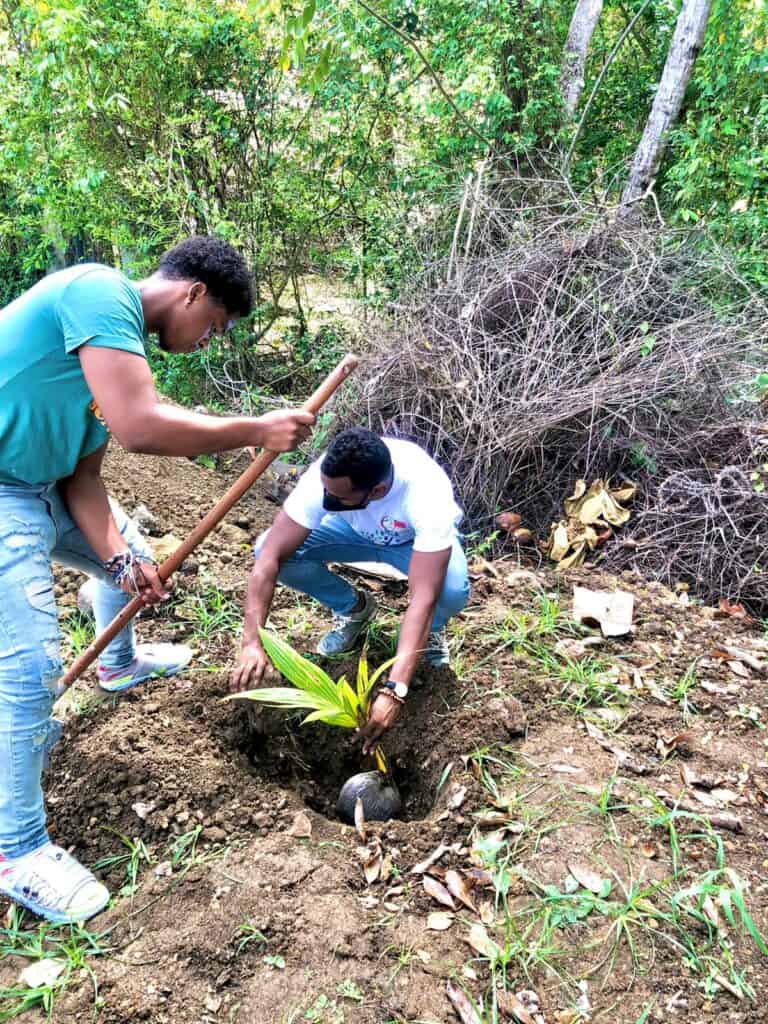
“Efforts in afforestation also allows for people to plant tree species more in demand so that they can be supplied to customers requiring it for various purposes. For example, cottage industries benefit tremendously from constant reliable supplies of forest products at relatively stable and reasonable prices.”
Sean McCoon, Manager of Environment Tobago
While these are commercial benefits of afforestation, it helps to reduce deforestation of existing forests which may have taken many decades to grow naturally and sequester carbon dioxide.
Reforestation also helps in carbon mitigation measures as replenishing the population of trees can contribute to the absorption of carbon dioxide and production of oxygen.
By planting trees in areas that have been degraded or deforested, reforestation helps the natural environment by guaranteeing, or accelerating the re-establishment of healthy forest structure by regrowing the forest canopy and preserving biodiversity within the ecosystem.

More Trees Please
“The More Trees Please movement is a concept which rolls off the tongue quite nicely, and is a grand marketing idea for environmental efforts, both for reforestation and protection efforts for green spaces, forests, and tree-specific awareness.”
Sean McCoon, Manager of Environment Tobago
Many efforts which align with “more trees please” can utilise this slogan as an effective, hard hitting and creative addition to efforts across all sectors in ensuring that steps are continuously taken to generate awareness and education – not just in the traditional sense through schools and academic structures – but through practical, real life and community driven activism.
This can and will serve in the long run to etch the need for the ‘principle of green’ in the minds, actions and decisions of those that are in authority now, and by extension the generations to come.
